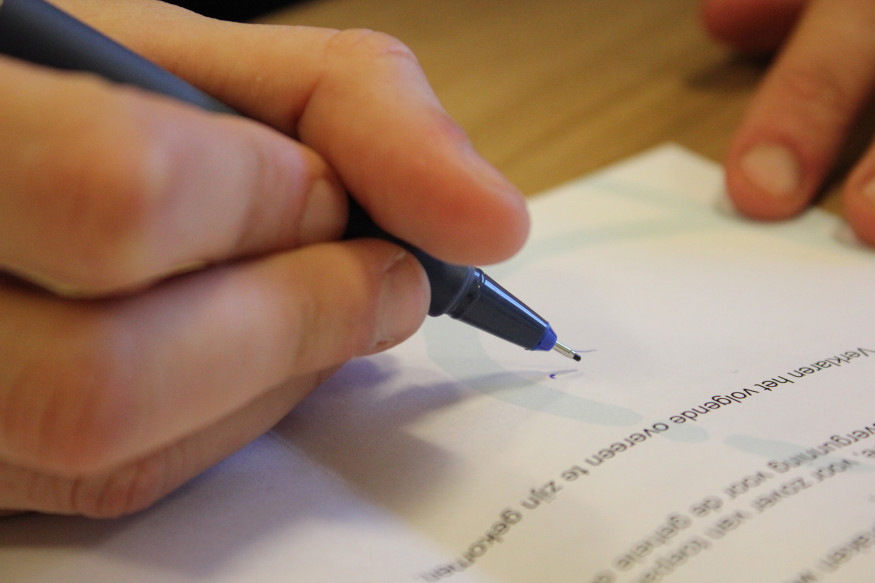Lithuania: Long negotiation marathon coming to the end?
Published:
The collective agreement for the education sector in Lithuania has been negotiated since June 2015, and social partners – Education trade unions and the Ministry of Education and Science (which had a legal mandate from the Government) - put in a lot of effort to find the best solutions for existing problems in the education sector in the form of provisions of the collective agreement.
However, in September 2016, when it came to the approval of the agreement by the Lithuanian government, the Prime Minister Algirdas Butkevičiaus and his Cabinet questioned those parts of the agreement which were considered “costly” and required some funding, among them increase in teachers’ salaries.
Social partners stated that all the clauses of the agreement were approved by protocols and could not be unilaterally changed by the government. So, Lithuanian education trade unions claimed that if the government tried to unilaterally change any provisions, it would violate the Labour Code (Paragraph 3, Article 48) which sets out the principle of fairness, and trade unions would consider therefore the possibility of initiating a collective dispute.
In any case, the year-long teacher salary issue solving process between the Ministry of Education and Science, the Ministry of Finance, the Parliament, and the Government is over. The decision whether to increase or not increase teachers' salaries ended in the hands of the Prime Minister and his Cabinet.
The whole situation is rendered more complicated through Lithuania’s parliamentary elections, which had its second round on 23 October: the government is going to change soon because a centrist agrarian party that was previously represented by a single parliamentarian has won a shock victory in Lithuanian elections.
There remains little time to make a decision on the collective agreement and it will soon be clear how responsible the Prime Minister feels for his promises which were certified few times by his signature in the agreements with trade unions, as well as how much the present Government respects teachers and cares about the future of education in Lithuania.